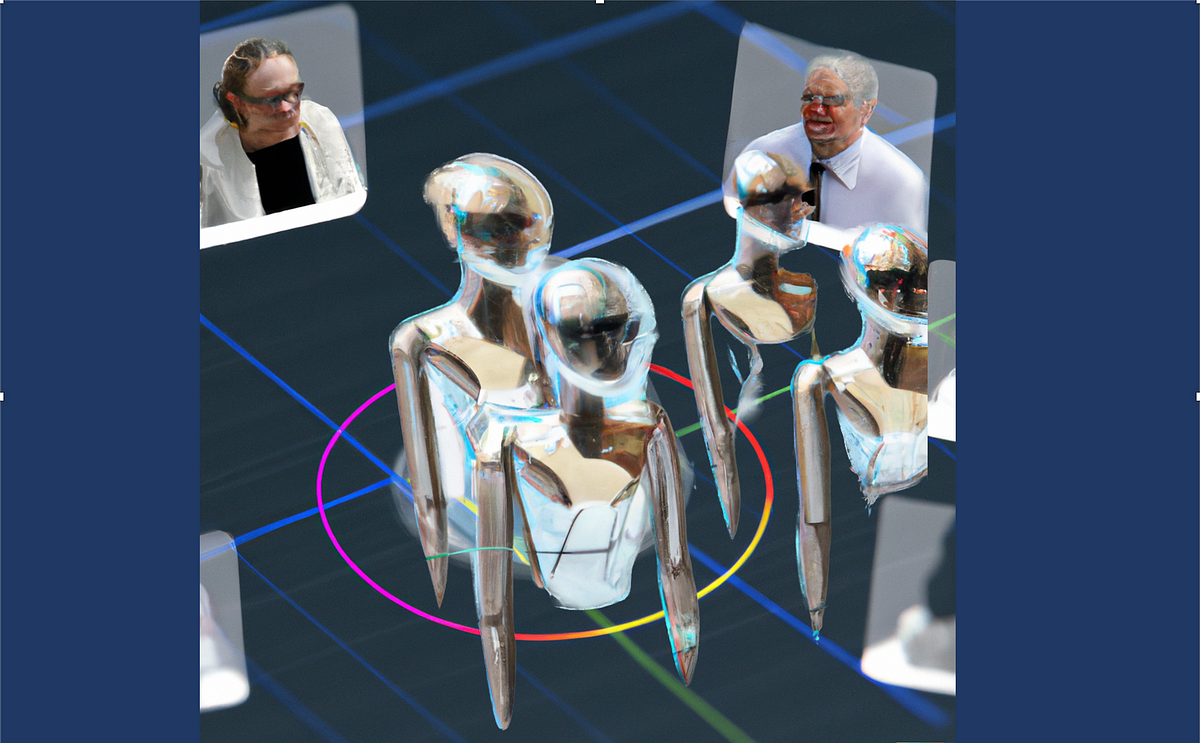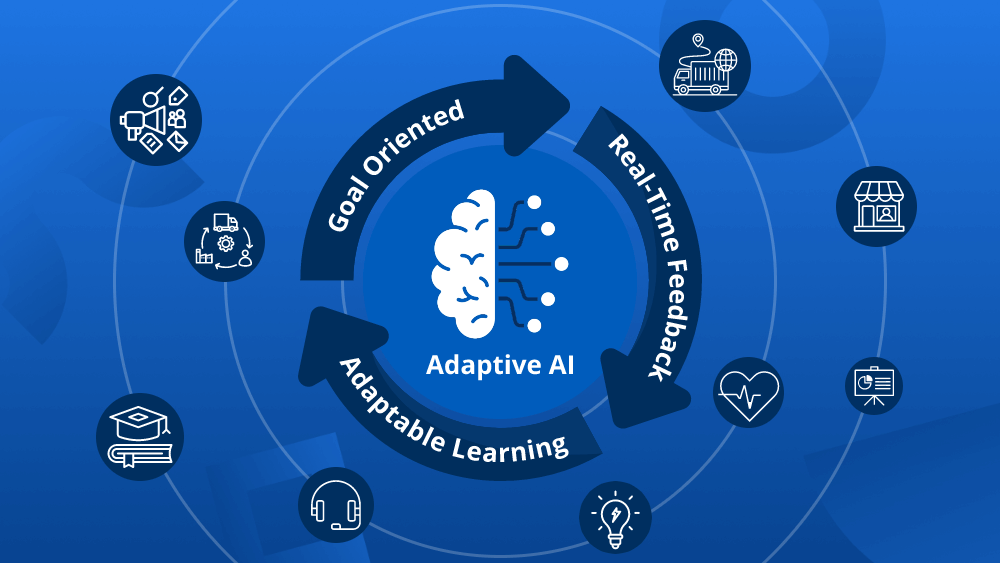Large Language Models (LLMs) have recently gained a lot of appreciation from the Artificial Intelligence (AI) community. These models have remarkable capabilities and excel in fields ranging from coding, mathematics, and law to even comprehending human intentions and emotions. Based on the fundamentals of Natural Language Processing, Understanding, and Generation, these models have immense potential to bring a shift in almost every industry.
LLMs not only generate text but also perform image processing, audio recognition, and reinforcement learning, proving their adaptability and wide range of applications. GPT-4, which was recently introduced by OpenAI, has become extremely popular due to its multimodal nature. Unlike GPT 3.5, GPT 4 can take input in both textual form as well as in the form of images. Some studies have even shown that GPT 4 displays preliminary evidence of Artificial General Intelligence (AGI). GPT-4’s effectiveness in general AI tasks has led scientists and researchers to look into different scientific domains focussing on LLMs.
In recent research, a team of researchers has studied the capabilities of LLMs in the context of natural scientific research, with a particular focus on GPT-4. The research has a prime focus on fields such as biology, materials design, drug development, computational chemistry, and partial differential equations (PDE) due to the wide range of the natural sciences. Using GPT-4 as the LLM for in-depth study, the study has presented a thorough overview of the performance of LLMs and their possible applications in particular scientific domains.
The study has covered a wide range of scientific disciplines, such as biology, materials design, partial differential equations (PDE), density functional theory (DFT), and molecular dynamics (MD) in computational chemistry. The team has shared that the model has been evaluated on scientific tasks in order to fully realize GPT-4’s potential across research domains and validate its domain-specific expertise. The LLM should accelerate scientific progress, optimize resource allocation, and promote interdisciplinary research as well.
The team has shared that based on preliminary results, GPT-4 has shown promising potential for a range of scientific applications, demonstrating its capacity to manage intricate problem-solving and knowledge integration tasks. The research paper has provided a thorough examination of GPT-4’s performance in several domains, highlighting both its advantages and disadvantages. The assessment includes the knowledge base, scientific comprehension, numerical computation skills, and diverse prediction abilities of GPT-4.
The study has shown that GPT-4 exhibits broad domain expertise in the fields of biology and materials design, which can be helpful in meeting certain needs. The model has shown a good capacity to predict attributes in the context of drug discovery. GPT-4 also has the potential to help with calculations and predictions in the fields of computational chemistry and PDE research but requires slightly improved accuracy, especially for quantitative calculation jobs.
In conclusion, this study is very informative as it highlights the quick development of large-scale machine learning and LLMs. It also focuses on future research in this dynamic subject, which focuses on two attractive areas, i.e., the building of basic scientific models and the integration of LLMs with specialized scientific tools and models.
Check out the Paper. All credit for this research goes to the researchers of this project. Also, don’t forget to join our 33k+ ML SubReddit, 41k+ Facebook Community, Discord Channel, and Email Newsletter, where we share the latest AI research news, cool AI projects, and more.
If you like our work, you will love our newsletter..
Tanya Malhotra is a final year undergrad from the University of Petroleum & Energy Studies, Dehradun, pursuing BTech in Computer Science Engineering with a specialization in Artificial Intelligence and Machine Learning.
She is a Data Science enthusiast with good analytical and critical thinking, along with an ardent interest in acquiring new skills, leading groups, and managing work in an organized manner.


